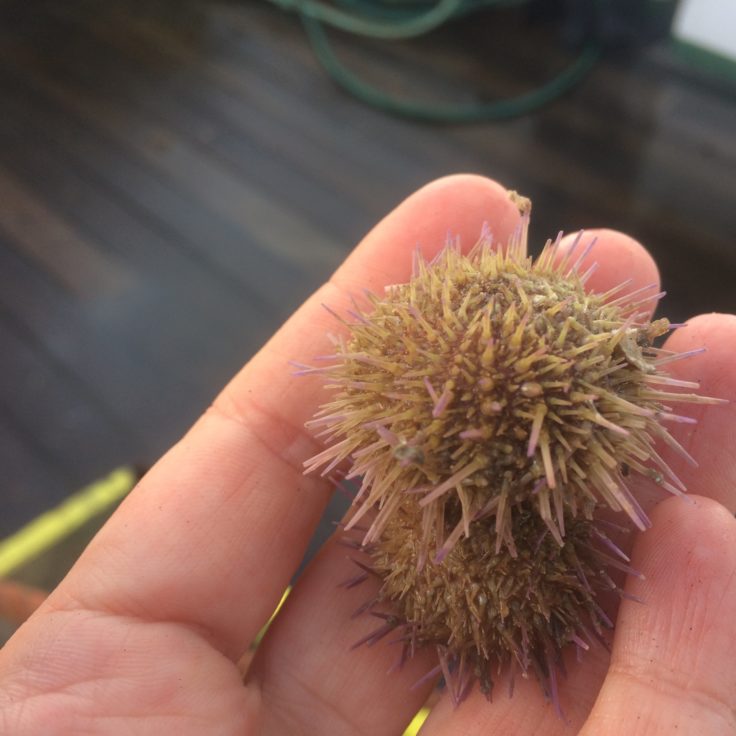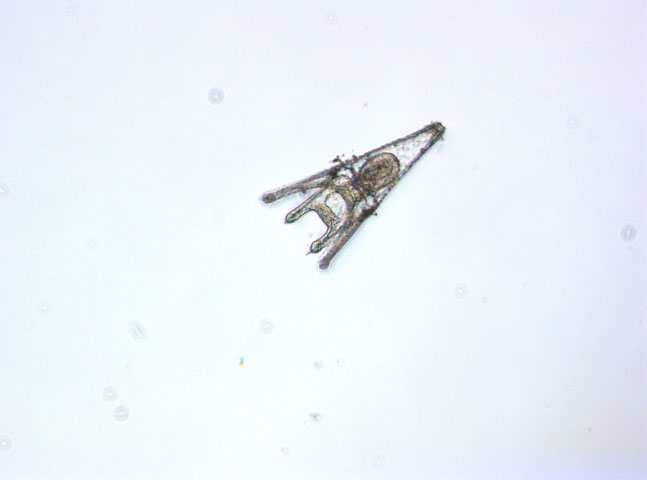Parents help offspring adapt to climate change
Some parents in the animal kingdom can prepare their young for environmental change, helping them cope better in new conditions, a paper published today in Nature Scientific Reports reveals.
Scientists tested how very young offspring of the European green sea urchin responded to changing conditions such as ocean acidification and temperature rise. They found that parent urchins which were exposed to these changes could pre-load their offspring with protective proteins, improving their chances of survival.
This suggests that some animals may respond better than originally predicted to changes to their environment.

Lead author Professor Melody Clark, molecular biologist at the British Antarctic Survey (BAS), said: “Understanding how animals respond to environmental change is key to predicting future biodiversity patterns, but it is a complex process.
“Younger members of a species are generally the most vulnerable, but we have discovered it is possible for parents who experience environmental change to help prepare their offspring to survive better in the new environment.
The green urchin, which lives in waters from Northern Norway down to Morocco and the Azores, is used in Mediterranean cuisine and is of interest as an aquaculture species for the food industry.
The research was carried out by an international team of researchers who raised offspring from adult urchins exposed to ocean acidification conditions and also from adults in “normal” sea water. All the offspring, irrespective of parental treatment, were cultured in ocean acidification conditions.
The responses of the very young animals were identified through differences in the genes they produced as they grew in the acidified conditions. Surprisingly, genes known to be a response to stress were present in the offspring raised from the pre-conditioned adults. Scientists know from previous experiments that these offspring fare better in acidified seawater.

These stress proteins clearly helped them deal with the shock of developing in low pH and came from the parents, as offspring raised from parents kept under normal conditions were not producing the same genes. This means that as the climate is changing gradually, some species will be able to improve the chances of survival in their offspring compared to what was previously thought.
The Molecular mechanisms underpinning transgenerational plasticity in the green sea urchin Psammechinus miliaris by Melody S Clark, Coleen C Suckling, Alessandro Cavallo, Clara L Mackenzie, Michael AS Thorne, Andrew J Davies, Lloyd S Peck is published in Nature Scientific Reports. Read the paper here